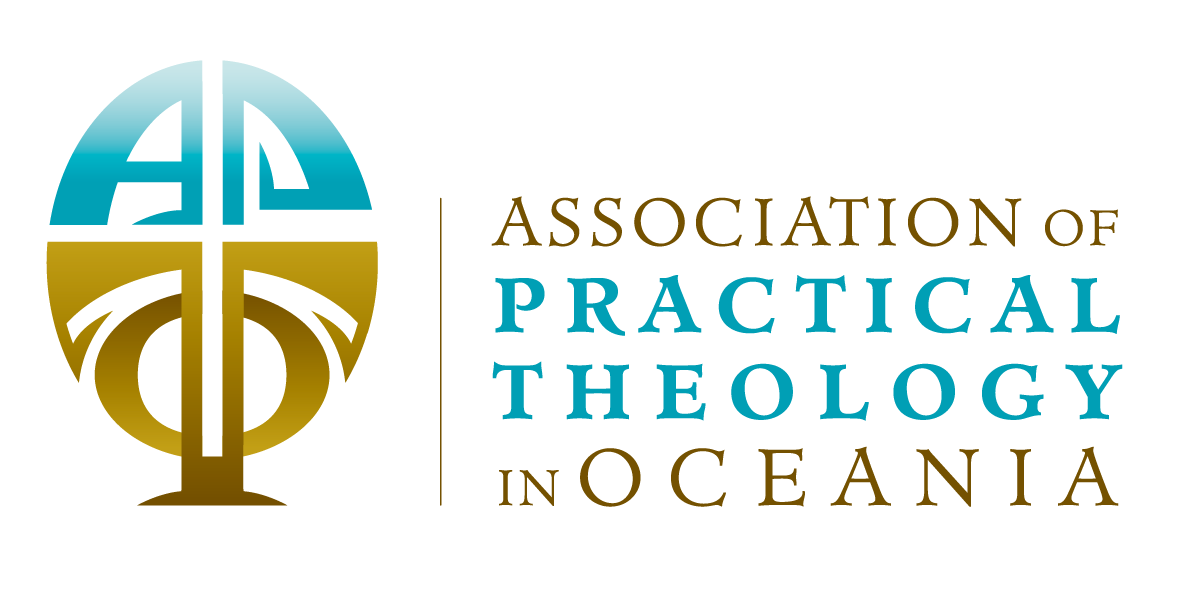

Discussion Time:
The Catholic Church, along with many other churches, is currently engaged in self-reform. In the context of this conference on the Mission to Heal, this self-reform follows the advice ‘physician, heal thyself’. There have been many deliberate and official changes in the Catholic Church over the last half-century as a result of the reforming decisions of bishops in the Second Vatican Council (1962-65) and more recently. There have also been changes in the church that have happened in spite of official church attitudes, that is, they were unintended and for the most part unexpected by church officials. Beneath changes in practice are changes in attitudes and beliefs. Successful reform depends upon adequate self-critique. Among the resources for such self-critique is the critique by the ‘believing community’ (Schillebeeckx’s term), interdependent with the critique carried by church authorities and by professional theologians. This critique by the believing community is often implicit in behaviour rather than expressed in verbal form. This paper attempts to draw on the self-critique implicit in three areas of change in Catholic attitudes and behaviour since Vatican II. These are, specifically, areas of change neither intended nor expected by church authorities: a) changes in attitudes of Catholics coinciding with changes in the wider society, b) changes in attitudes towards Sunday Eucharist, c) changes in attitudes to the sacrament of Reconciliation and sin. This paper rests on a presupposition that a primary agent of self-critique in the church (along with church authorities and theologians) is the local Christian community (parish, local ethnic group, basic ecclesial community). Yet this local critique is difficult to read and difficult to assess. An important task of Practical Theology is to aid the local self-reform by interpreting the interface between local experience, social research, and reflective academic theology.
It can be tempting to think that the making of “missionary” disciples is something new. Personal and ecclesial renewal have always been at the heart of the Church’s priority of evangelisation. Vatican II’s Decree on the Church’s Missionary Activity (1965) speaks of “formation in the entire Christian life” and of “an apprenticeship” in discipleship to Jesus, and “not merely an exposition of dogma and norms of morality.” The new Directory for Catechesis (2020), the third since Vatican II, is of major significance. Presented by the Pontifical Council for the Promotion of the New Evangelisation, the Directory takes up this agenda. Deeply informed by the Synods on the life and mission of the Church, i.e., on the Eucharist (2005), the Word of God (2008), the Family (2015), Young People and Vocational Discernment (2018), and Pope Francis’s “Joy of the Gospel” (2013), every gathering has emphasised that evangelisation cannot be separated from catechesis. And each has affirmed that the model for all catechesis is “catechumenal,” a process inspired by Christianity’s ancient baptismal catechumenate. The liturgy itself is the privileged place for catechising the People of God. Right worship, the original meaning of orthodoxy, is to lead every baptised person to right living or orthopraxis, a life lived for others. Catechesis today is not a head-trip. From its beginnings, Christianity has known no more profound manner of handing on its faith in the Mystery than through its worship. To live from the liturgy is to be formed in baptismal spirituality, the true source of Christian life, to become life-long apprentices of Christ. But can this happen if our worship is less than vibrant, self-referential, disconnected from real life, understood as “me” time rather than “we” time; when we find ourselves shopping around for a parish with “good” liturgy? Every liturgical celebration has catechetical implications, for good - or for ill. If our public worship is one of the most significant instruments in the Catholic Church’s priority of mission/evangelization, we must learn to trust the liturgy to be our teacher. Various examples illustrate something of the deeply formative power of liturgical celebration.
This paper is concerned with the interplay of structure and agency, and more specifically with the relevance of the habitus and reflexivity to an Ignatian approach to social justice. Mouzelis’ restructuring of Bourdieu’s theory of action makes space both for the pre-reflexive action characteristic of the habitus, and also the routine exercise of reflexive accounting, conscious strategizing, and rational calculation. He points out that a reflexive disposition can be acquired via socialisation, giving the example of religious communities that stress the importance of the inner life and thus socialise members into a reflexive habitus (Mouzelis 2007: 3). The paper argues that key Ignatian practices are in fact inherently reflexive and can produce a reflexive habitus. The interplay of structure and personal agency is a long-standing question in sociology, and also gives rise to diverse thinking within the Catholic social justice tradition concerning structures of sin. Thus, a reflexive Ignatian habitus may both mediate, and contribute to the development of, Catholic Social teaching in a distinctive way. The priority given in his teaching to social, economic and ecological justice by Francis, the first Jesuit pope, makes the exploration of these questions timely.